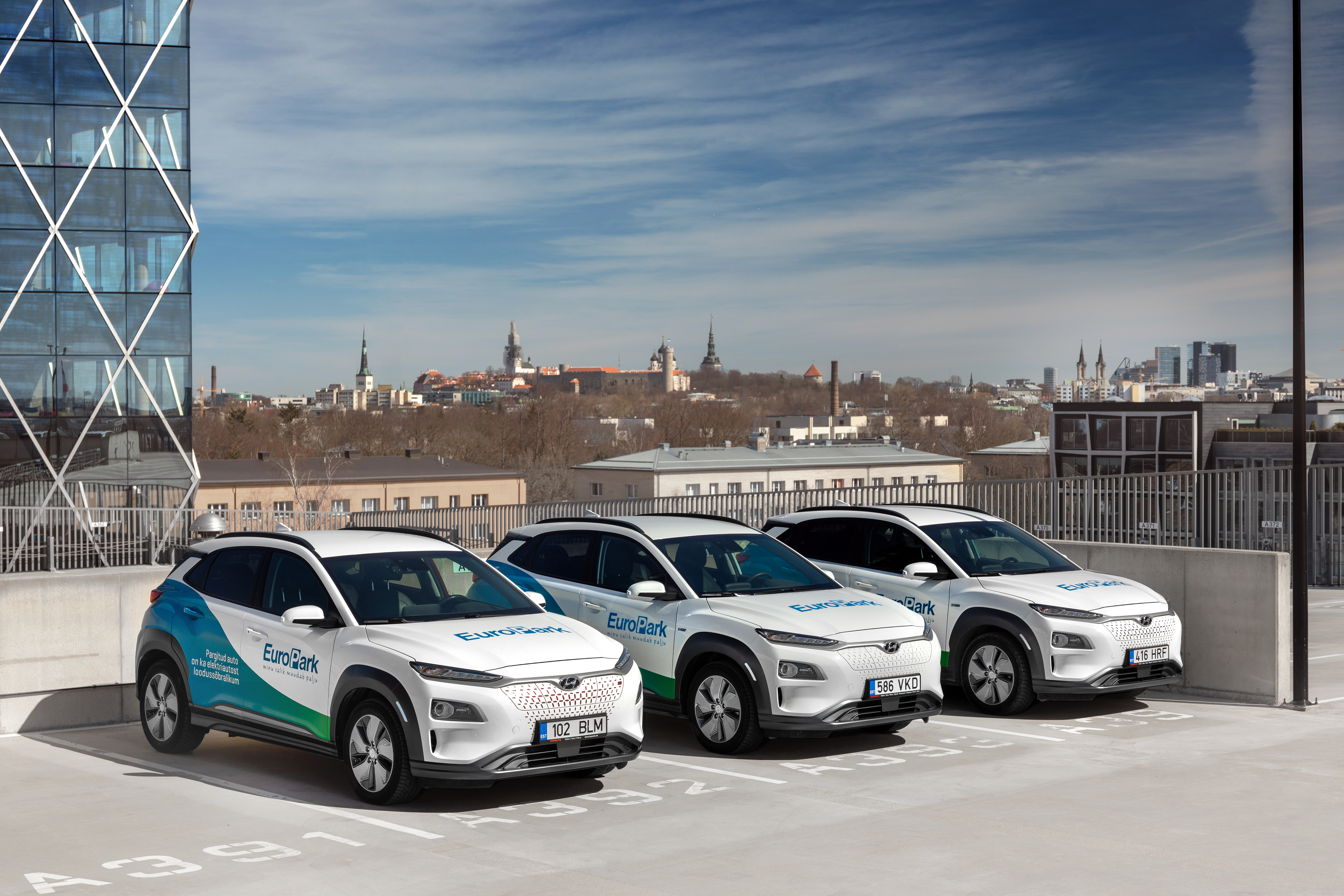Customer service + 372 661 0223 Mon-Fri 9-17 / europark@europark.ee
16.01.2024
Mainor Ülemiste AS and Europark launched a parking solution with new technology in Ülemiste City, which cuts the number of empty parking spaces by 30%.
Mainor Ülemiste AS and Europark launched a parking solution with new technology in Ülemiste City, which cuts the number of empty parking spaces by 30% and thus saves urban space, residents' health, and money. According to the head of Europark, the system can be extended to all of Tallinn.
According to Karol Kovanen, the head of Estonia's largest parking company, Europark, automobilization has exceeded the limit of reasonableness in Estonia.
"Estonia has 800,000 cars for a little over a million people, and parking spaces fill up a larger part of Estonia than people's homes do. Each empty parking space costs the landowner nearly 100 euros every month. In addition, clogging of urban space and damage to the environment and health. That's why we developed software that can be used to share parking spaces at office buildings between companies in real-time and reduce the need for parking spaces by about 30%," explained Kovanen.
"The logic is that all employees, who sometimes come by car, are never present at the same time. There is no need to keep a designated place for each car, so to speak, but places can be divided using technology. Also, this kind of parking is both barrier-free and app-free. The car license plates of company employees are automatically recognized, and guests can park with a QR code," added the head of Europark.
Ursel Velve, head of Ülemiste City developer Mainor Ülemiste, explained that the campus essentially functions as a city center in terms of traffic; therefore, we are constantly looking for ways to ensure the necessary accessibility for our customers while at the same time moving step by step towards reducing the environmental footprint both in terms of construction and mobility. These are the areas with the greatest environmental impact.
"Over 16,000 people work in Ülemiste City, and according to tax payments and other economic indicators, it is the third-largest city in Estonia. Employees of knowledge-intensive companies are also more demanding in terms of urban space, and together, we are constantly looking for new opportunities. Last year, going to work in the town by car decreased by 15%, and more than half of the people in the town came here by bike, on foot or by public transport, but this is still far from the result we are satisfied with. We want to gradually reduce the number of cars in the town and offer people convenient alternatives," explained Velve in response to the question of why Ülemiste City has introduced a new parking system. However, he understands that there are companies whose fields of activity require movement by car, and there are areas in Tallinn and the surrounding area from which accessibility by public transport is poor. "That's why we also have to develop the parking service further. Based on the feedback and needs of Ülemiste City, Europark's new solution makes it possible to use parking investments as efficiently as possible, collect mobility data, and make increasingly smart development decisions based on them. In addition, we are actively expanding the infrastructure of electric cars to support more environmentally friendly options."
Karol Kovanen added that since this so-called sharing economy parking arrangement has now proven itself with thousands of parkers in Ülemiste City, there are no substantial obstacles to expanding it, for example, to the whole of Tallinn.
"Considering how much urban space is stuck under parking spaces in Estonian cities, about 15 sections of Lauluväljäki land could be freed in this way in Tallinn, which would be better used, for example, for green areas and pedestrian and cycle and pedestrian tracks," said the head of Europark.
